#BeeWell’s survey results show persistent inequalities in young people’s wellbeing in Greater Manchester.
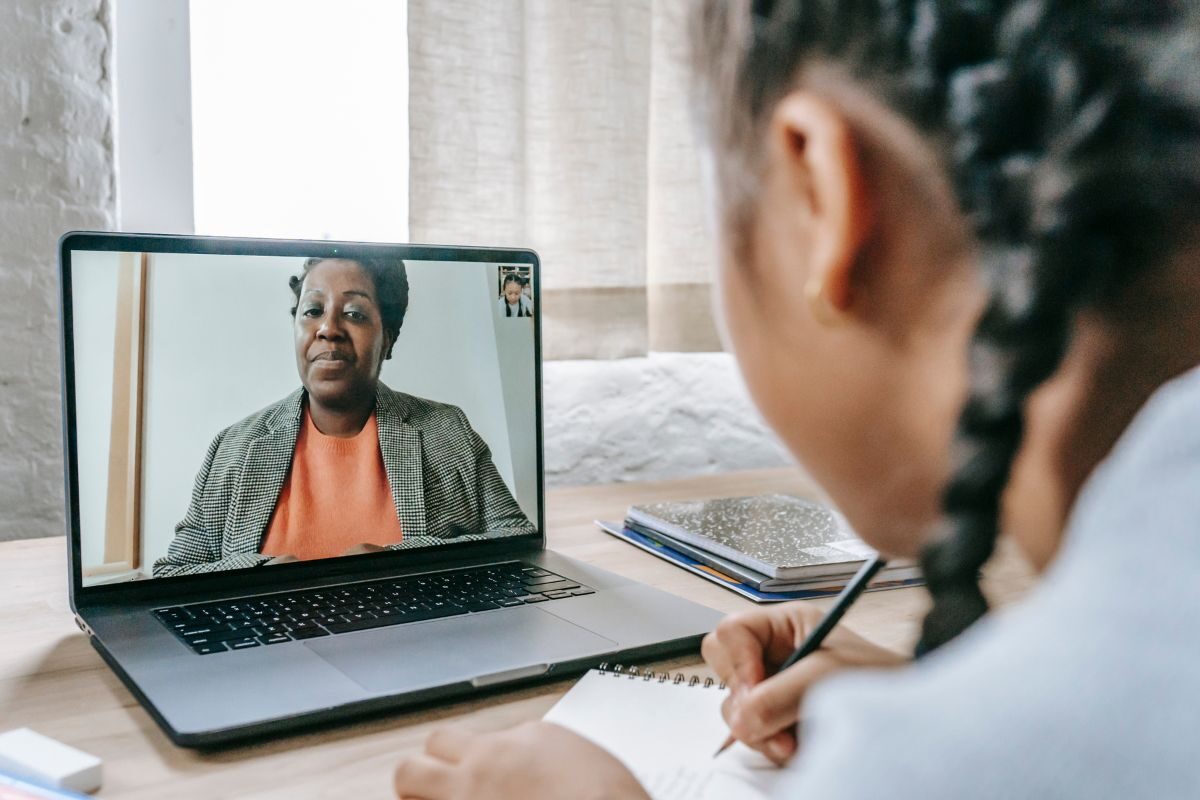
The #BeeWell survey shows the wellbeing of young people across Greater Manchester has remained stable over the past two years. However, results show there are inequalities that need to be addressed, with girls and LBGTQ+ young people in particular reporting significantly lower levels of wellbeing.
Today (Thursday 23rd March), Greater Manchester’s #BeeWell programme is releasing findings from the survey of school pupils in Years 9 and 10 which took place in Autumn 2022.
#BeeWell is a programme that annually measures the wellbeing of young people and brings together various partners from across Greater Manchester who are committed to making young people’s wellbeing everybody’s business.
The programme originates from a collaboration between the Greater Manchester Combined Authority, University of Manchester, the Anna Freud Centre and the Gregson Family Foundation.
The latest survey heard the voices of 35,000 young people from across the city-region, building on 38,000 responses in the previous year. Over 180 schools have taken part in #BeeWell over two years, showing immense support for young people’s wellbeing particularly following the Covid-19 pandemic.
The latest survey results reveal new and in-depth detail on the wellbeing of young people across the city-region. The four key headline findings developed with the #BeeWell Youth Steering Group are:
- The inequalities identified in Year 1 of the #BeeWell data have persisted; girls are reporting significantly lower levels of wellbeing than boys, and LGBTQ+ young people have significantly lower wellbeing than their cisgender heterosexual peers. The data remains consistent when comparing two different cohorts of Year 10 pupils across the two years.
- Wellbeing scores have declined slightly as young people have moved from Year 8 into Year 9, this is in line with wider research about how young people’s wellbeing declines as they get older.
- As young people get older, they are less likely to feel like they get enough sleep to feel awake throughout the school day. 41.8% of Year 9 students report that they aren’t getting enough sleep to concentrate at school, which is around 9 young people in an average class of 22. This is compared to 36% of Year 8 pupils who said they do not get enough sleep in 2021.
- There has been a decline in young people reporting that they have good places to spend free time. In 2021, 75.5% of young people in Year 8 agreed or strongly agreed that they had good places to spend free time, compared to 67.6% of those young people when they were surveyed again in Year 9 in 2022.
The #BeeWell survey results have overall remained consistent over the two years of the programme, meaning that there is an increased confidence on how accurate the findings are, with over 60,000 young people having shared their views.
In response to the findings from the #BeeWell survey the #BeeWell Coalition of Partners and Greater Manchester schools have already begun to take action to respond to what young people across the city-region are telling us. This includes investment to support the wellbeing of LGBTQ+ young people, encouraging girls to get involved in physical activity, and the completion of a social prescribing and youth-led investment pilot in five neighbourhoods of Greater Manchester.
With two successful years of Greater Manchester leading with the #BeeWell programme a second programme will be launched in Hampshire, The Isle of Wight, Portsmouth and Southampton (HIPS) from September 2023, in a new partnership with the four local authorities. The expansion of the programme marks the second Integrated Care System area to deliver the #BeeWell Programme and will help to establish any differences between different parts of the country. The programme is already being kick-started in the region with the process of co-designing the local survey with young people already underway in 15 pathfinder schools.
Building on experiences and learning in Greater Manchester, and national endorsements from the Fair Education Alliance and Times Education Commission, the new partnership with HIPS is the next step of #BeeWell’s ambition to ensure that wellbeing is prioritised and measured consistently and rigorously in schools and communities in every corner of England by 2030.
Cllr Mark Hunter, Greater Manchester Portfolio Lead for Young People said:
“The #BeeWell surveys have facilitated a real breakthrough in conversations about young people’s health, wellbeing, and activity. The results have helped to shape some important changes in Greater Manchester to support young people and their wellbeing.
“This year’s findings show that more action needs to be taken to tackle the inequalities in wellbeing between girls and boys, and with LBTGQ+ young people.
“The support of Greater Manchester’s schools has been integral to #BeeWell, Year 2 of the survey has shown how schools have used the survey results to make positive changes for their pupils. I am looking forward to Year 3 of the survey and the positive changes the results will initiate.”
Glyn Potts MBE DL, Headteacher at Saint John Henry Newman Catholic College, Oldham, said:
“The #BeeWell data has enabled us to understand our community with greater focus. We are able to react strategically to areas of fragility and celebrate the strengths and feedback we gain from our young people.
“Put simply, it is the closest we have to a microscope into the minds of our young people and enables us to be reactive to their needs and a stronger community.”
Professor Neil Humphrey, #BeeWell’s Academic Lead said:
“Our latest set of findings reinforce the value of the #BeeWell programme and highlight once more the need for action to tackle inequalities experienced by vulnerable and marginalised groups.
“We have a 10-year plan to take #BeeWell to scale nationally and create a public policy agenda for young people that gives equal weight to wellbeing and attainment. The next step of this plan is our expansion to the Hampshire and Isle of Wight Integrated Care System area.
“This is critical to understanding local variation, issues of sustainability, scaling up, and synergy. The learning generated will inform the development of the #BeeWell model to ensure our approach can be embedded and sustained across wider geographies over time, as we seek to fulfil our mission of making young people’s wellbeing everybody’s business.”
Ruby, a member of the #BeeWell Youth Steering Group, said:
“The Youth Steering Group weren’t surprised to see that there remain inequalities in young people’s wellbeing in Greater Manchester. Unfortunately it is what we see in school every day, particularly the pressure on girls. It’s good that the data remained consistent , it means things aren’t getting worse and gives us hope that things can get better.
“The Youth Steering Group would like to open a conversation about how difficult it is for young people to find the balance between your emotions and all the things you have to get done in a day, before you can get enough sleep. There are a lot of expectations on young people with homework, revision, caring for ourselves, as well as caring for others, especially as you get older. We want to extend this conversation to include adult’s wellbeing, too, as they set expectations for younger generations on managing everything that matters to our wellbeing.”


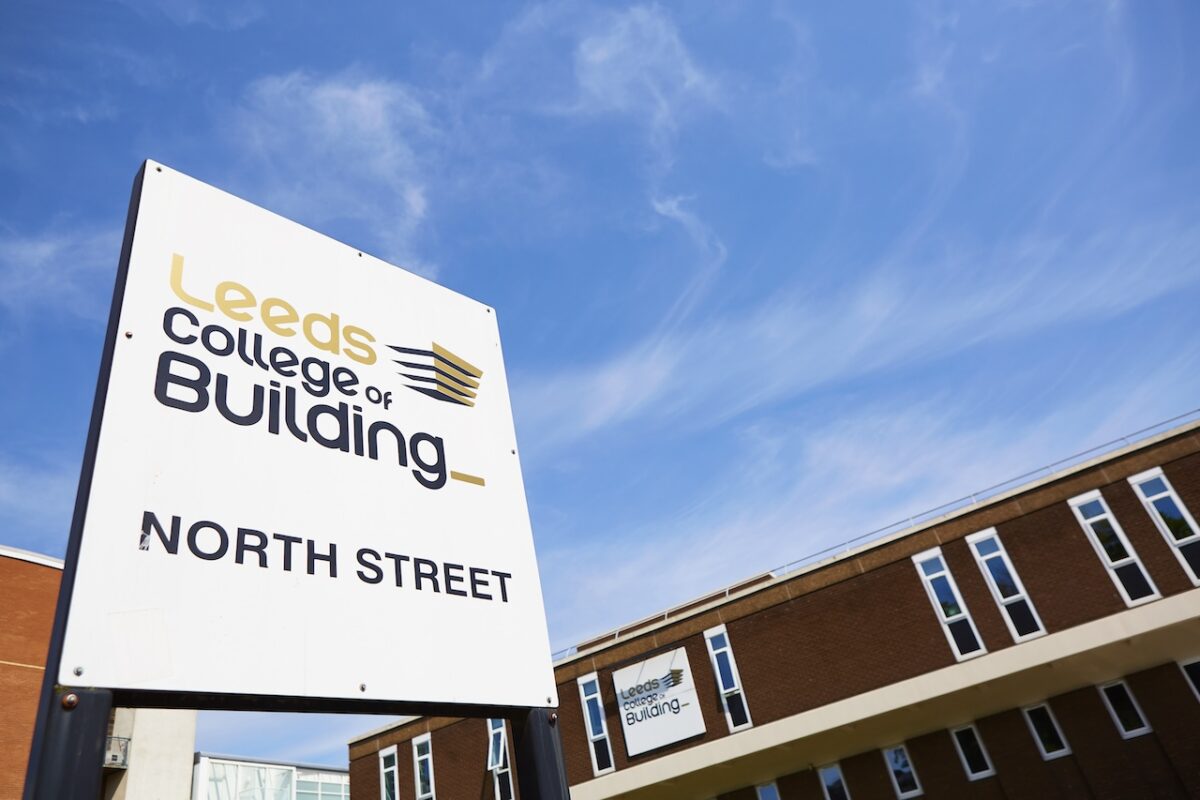
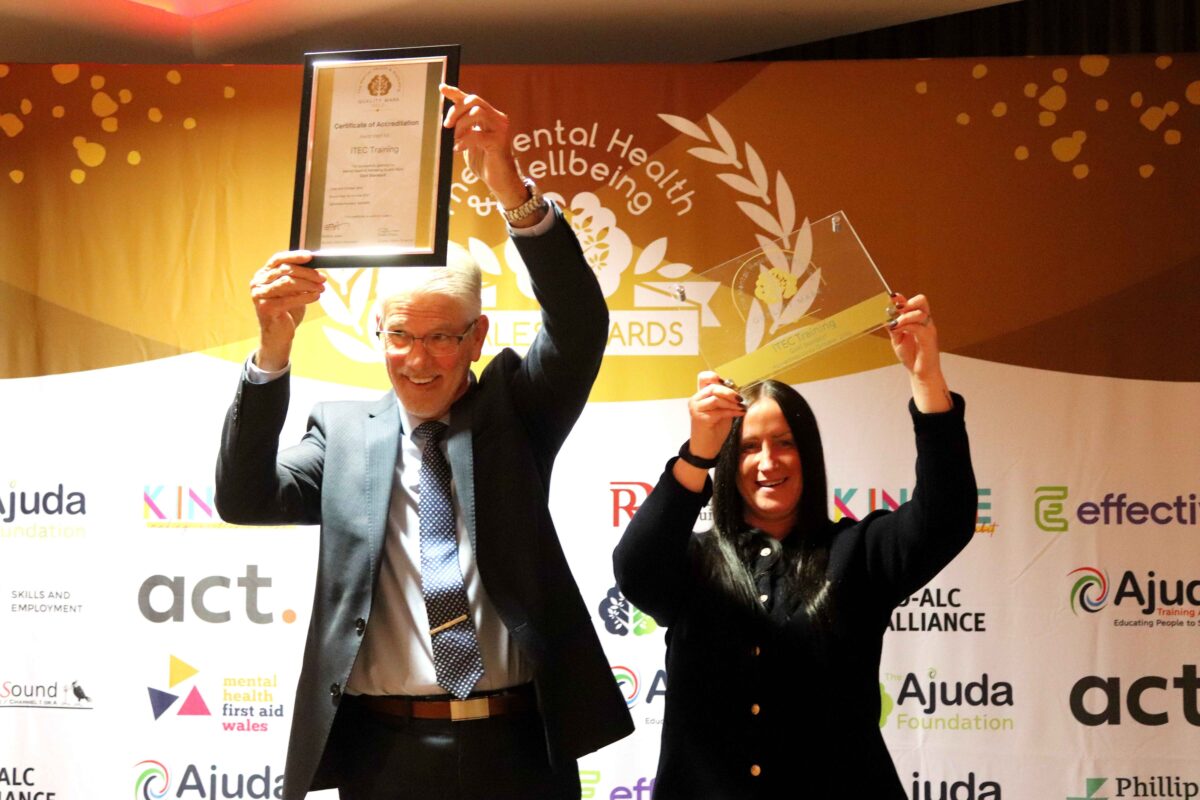
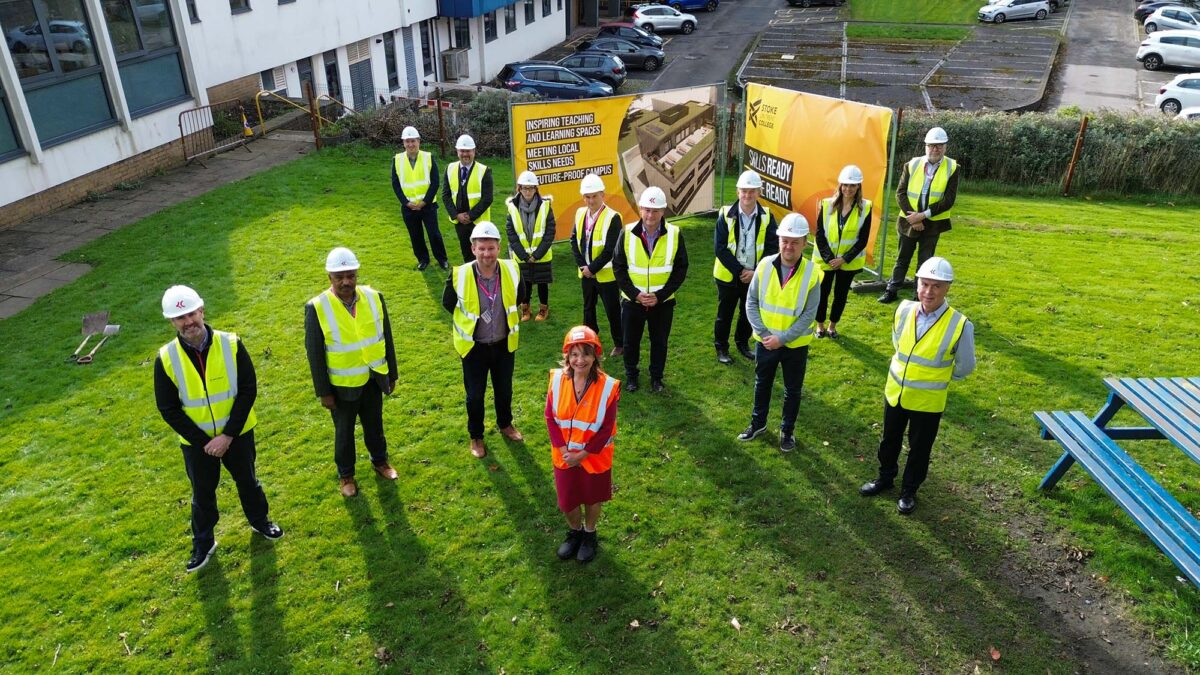
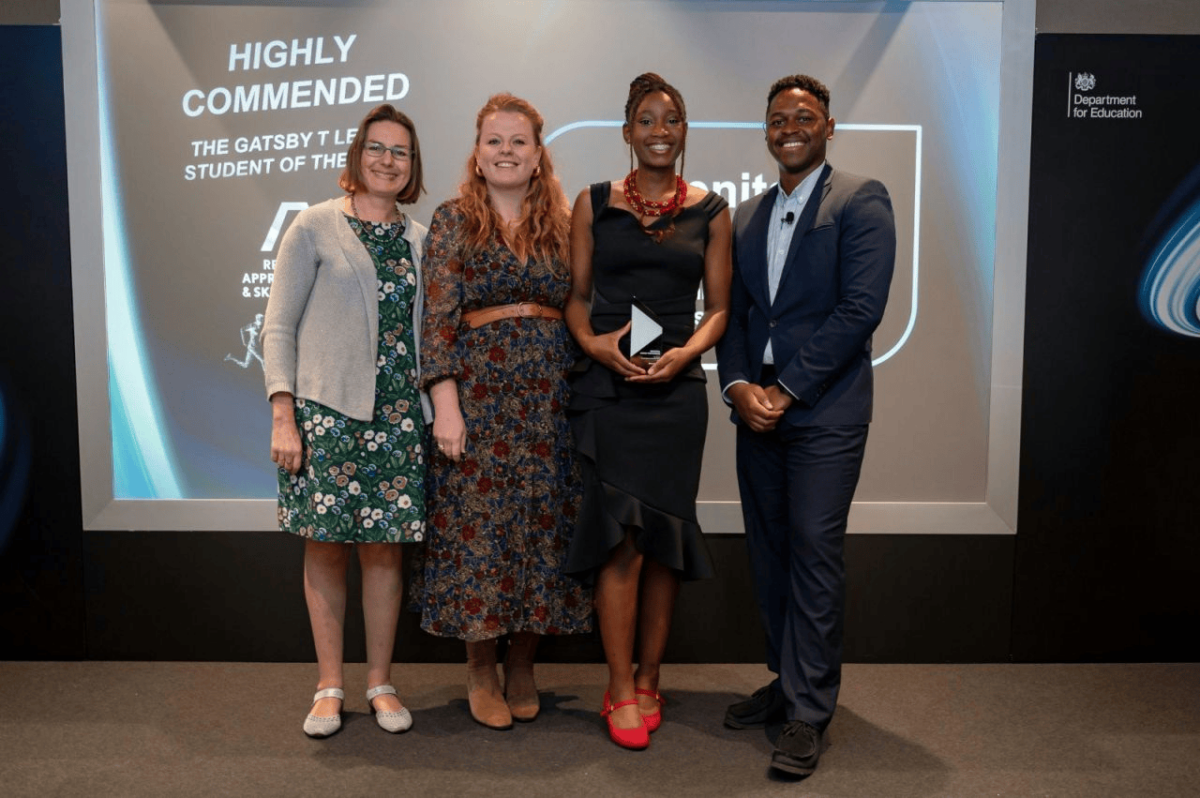

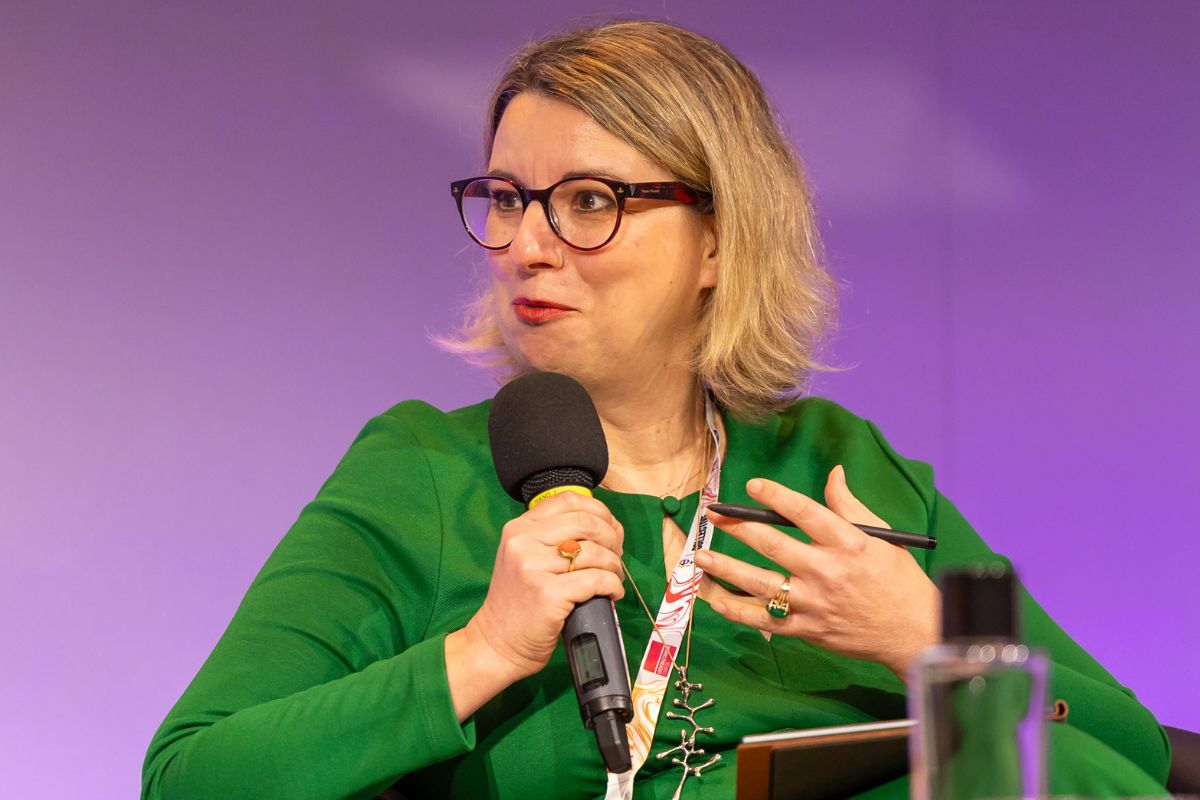



Responses